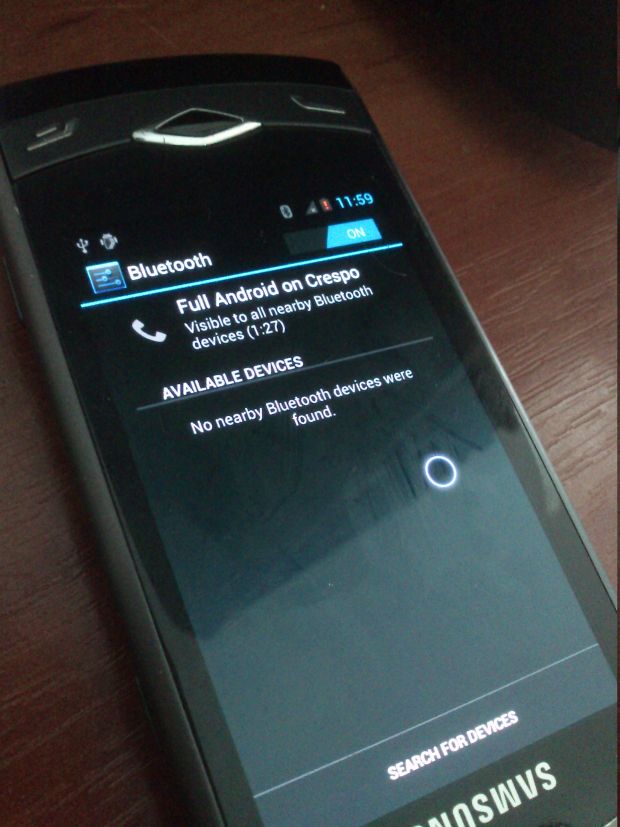What is important to know here is that none of this is entirely unexpected. Kids use mobile phones, kids use social networks, and they also happen to act silly every once in while—not that adults don’t—and send prank calls and messages. There was a time when pranks calls were almost without consequence, but today with caller id, and phone numbers listed in social profiles, who knows how much private information even that small gesture leaks? Here we see how much an information was indirectly leaked by an application, that could otherwise be quite useful.
Also important to know here is that a lot of this could be prevented. Apple could allow users to sign up using pseudonyms rather than real names, the application could make the location sharing more explicit rather than implicit, and social networks such as Google+ could err on the side of privacy rather than sharing. The problem is that more and more applications are treating user privacy as an opt-in feature rather that a default, and this is something that needs to change.
Often application developers aren’t actively trying to breach the privacy of users, but are just trying to provide a feature that they think will be valuable without realising the effects it could have. Take the recent case of Path, a photo sharing website with apps for iOS and Android. Path ended up in the middle of controversy when a developer realized that their mobile application was uploading his entire address book with names, email addresses and phone numbers to Path’s servers. Worse, it was doing this without asking for permission.



